Life
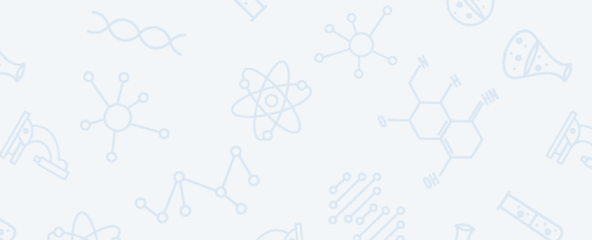
Educators and Parents, Sign Up for The Cheat Sheet
Weekly updates to help you use Science News Explores in the learning environment
Thank you for signing up!
There was a problem signing you up.
-
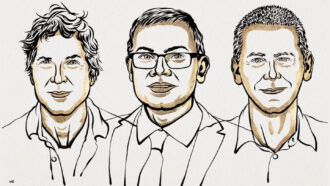 Chemistry
ChemistryPredicting and designing protein structures wins a 2024 Nobel Prize
A biochemist and two computer scientists using AI shared the top award in chemistry.
By Meghan Rosen -
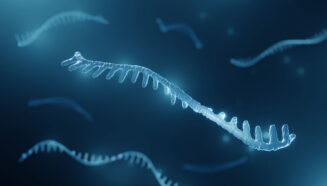 Genetics
GeneticsThe discovery of microRNA wins the 2024 Nobel Prize in physiology
Victor Ambros and Gary Ruvkun discovered tiny snippets of genetic material, called microRNAs, that play a big role in making sure cells work as they should.
-
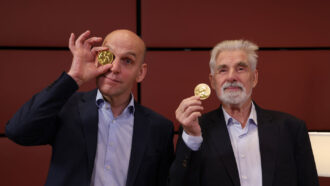 Science & Society
Science & SocietyLet’s learn about the Nobel Prize
Nobel Prizes are the highest honors in science. But the prizes are far from perfect measures of scientific impact.
-
 Microbes
MicrobesMore than 100 types of bacteria found living in microwave ovens
More than 30 microwave ovens were sampled in a range of different settings. The microbes in them included ones that can cause food poisoning in people.
-
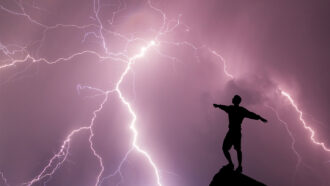 Brain
BrainZap, zap, zap! Our bodies are electric
Electricity powers key functions in the brain, heart and bone. Scientists are working to understand those currents to improve our health and moods.
-
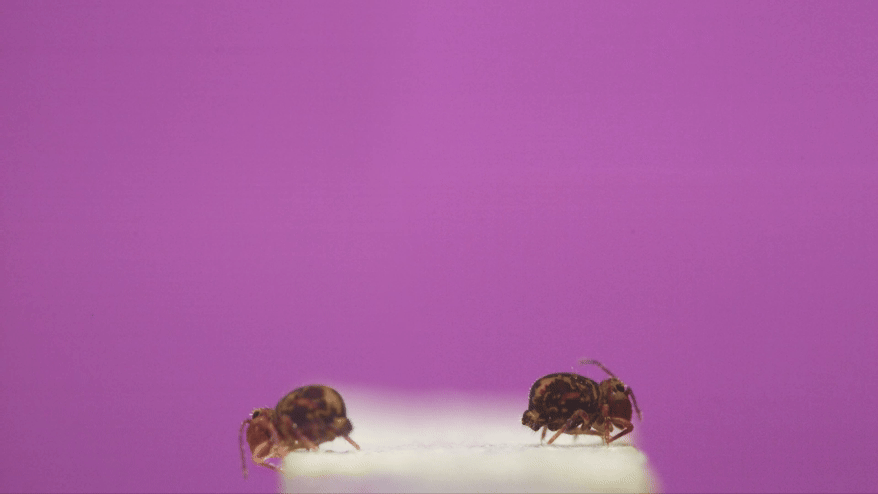 Animals
AnimalsA springtail’s spring-loaded backflip is fast — really fast
Globular springtails can seem to vanish as they spin backwards at rates of up to 368 rotations per second! So don’t blink.
-
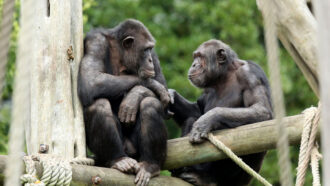 Animals
AnimalsChimps and bonobos recognize familiar faces even after decades apart
Chimpanzees and bonobos may boast the longest social memory of any animal besides humans.
-
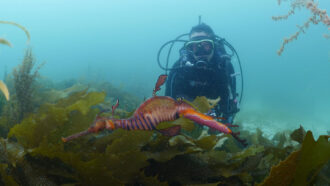 Animals
AnimalsThis biologist tracks seadragons, with help from the public
Nerida Wilson uses artificial intelligence to identify seadragons in photos taken by citizen scientists.
-
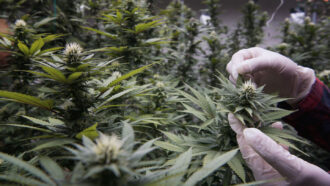 Health & Medicine
Health & MedicineScientists Say: THC
The active chemical in marijuana might have some medicinal value. But studies point to THC's potential risks, especially for teens.
-
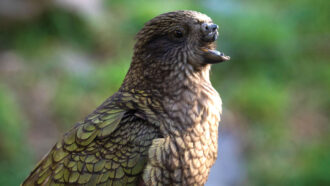 Animals
AnimalsParrots may offer clues to how our intelligence evolved
Studies of the brainy birds’ abilities to use tools, solve puzzles, speak words and more may teach us about how our species got our smarts.
-
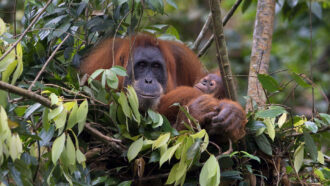 Animals
AnimalsLet’s learn about orangutans
These shaggy, red-haired apes are more solitary than other primates, but moms and babies share a strong bond.
-
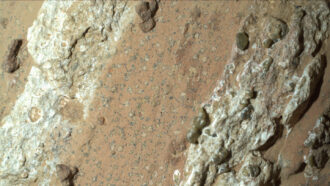 Planets
Planets‘Percy,’ NASA’s rover, finds its first hint of ancient life on Mars
The robot examined a Mars rock containing organic compounds and “leopard spots.” On Earth, such spots usually come from microbial life.